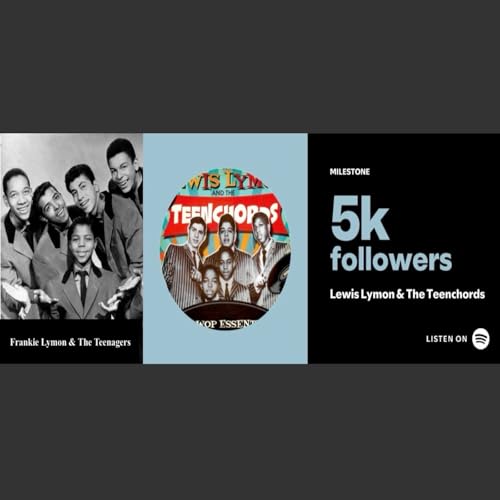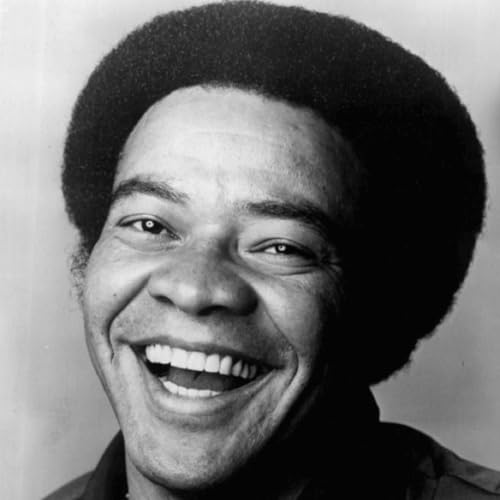Story by Gail Nobles
Music Intro by Gail Nobles
Vocals by Gail Nobles
Photo: Public Domain Wikipedia
Photo 2: Spotify Photo Card
Podcast Opening:**
Goodevening, music lovers! Welcome to another exciting episode of Soul POD Classics. Today, we’re going to talk about two brothers who made waves in the music world during the early days of rock and roll. Frankie Lymon, the boy soprano known for his dazzling voice and unforgettable hits, captured hearts as the lead singer of the groundbreaking group, The Teenagers. We'll dive into their iconic song "Why Do Fools Fall in Love," which became an anthem of a generation. But that’s not all! We’ll also explore the journey of his brother, Lewis Lymon, who tried to carve his own path in music with his group, The Teenchords. While he and his band had a tough time reaching the same heights as Frankie, their story adds a unique twist to the rich tapestry of doo-wop and rhythm and blues. So sit back, relax, and let’s uncover the tale of these two talented brothers and their impact on rock and roll history!———————— Music Intro 🎶
In the world of music, Frankie Lymon was a shining star during the early rock and roll and rhythm and blues era. Born on September 30, 1942, he became famous as the lead singer of The Teenagers, a doo-wop group consisting of five boys, all teenagers themselves, and one of the first integrated groups in music history. Frankie, with his incredible boy soprano voice, helped the group achieve great success with their iconic hit "Why Do Fools Fall in Love," released in 1956. That song became their biggest and most recognizable hit, introducing audiences to their catchy rhythms and harmonies.
The original lineup of The Teenagers included three African-American members—Frankie Lymon, Jimmy Merchant, and Sherman Garnes—along with two Puerto Rican members, Joe Negroni and Herman Santiago, making them a symbol of diversity in music at that time.
Frankie’s younger brother, Lewis Lymon, also wanted to make a name for himself in music. In the wake of Frankie’s success, Lewis formed his own group called The Teenchords in 1956. While they shared a similar name and sound, they didn’t reach the same level of national fame as Frankie’s group. The Teenchords had their moments, such as regional hits like "I’m So Happy," but they could never replicate the chart-topping success of "Why Do Fools Fall in Love."
Frankie Lymon and The Teenagers paved the way for early rock and roll, capturing hearts with their youthful enthusiasm and unforgettable songs, while Lewis Lymon and The Teenchords tried to follow in his footsteps, reflecting the influence and legacy of their famous family name.
I'm Gail Nobles! Thank you so much for listening!
About Soul Classic Music
Voir plus
Voir moins
 Jan 11 20264 min
Jan 11 20264 min Jan 10 20262 min
Jan 10 20262 min Dec 13 20252 min
Dec 13 20252 min Nov 11 20252 min
Nov 11 20252 min 2 min
2 min 4 min
4 min Oct 14 20253 min
Oct 14 20253 min Sep 11 20254 min
Sep 11 20254 min
